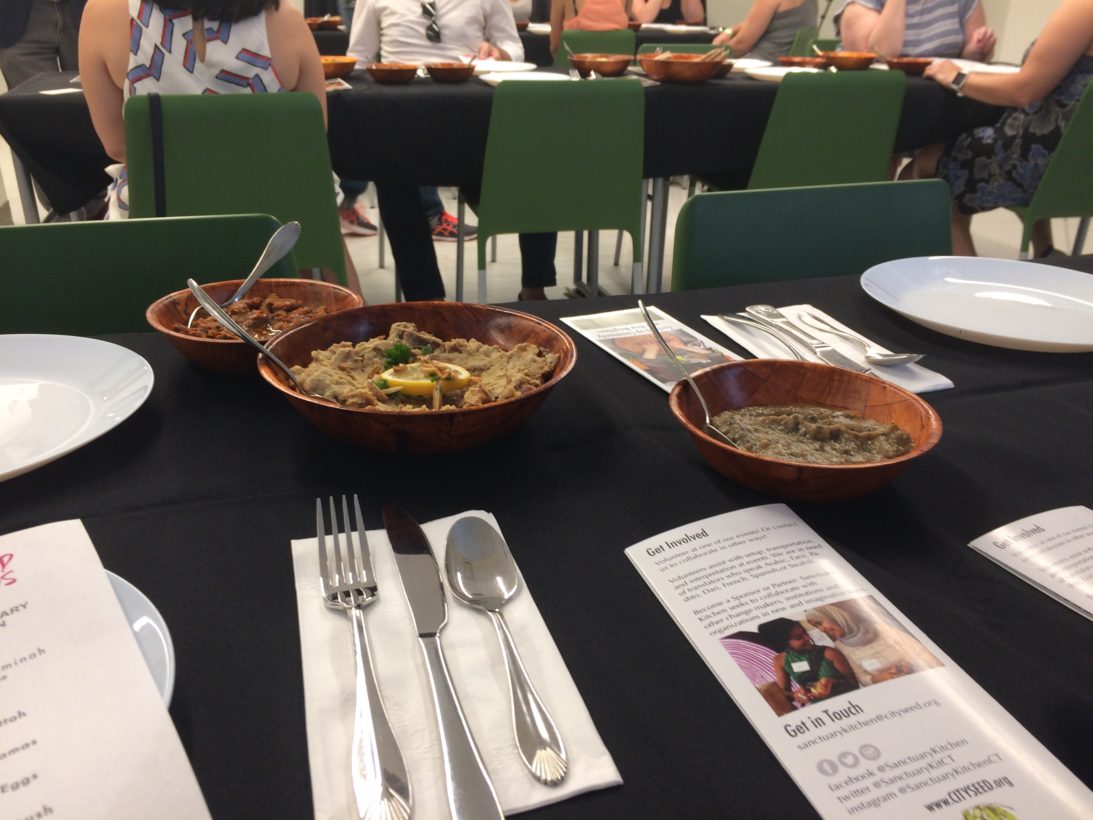Quietly and with only the barest of necessities, a family leaves the only home they have known. They are fearful of being apprehended by authorities, so they travel at night. Moving from safe house to safe house, organized by a system of compassionate local heroes, these people sleep during the day in preparation for their nighttime journeys. When darkness falls, husbands and wives, fathers and daughters are separated as they walk in groups across the wilderness towards freedom. Mothers pray that their small children won’t cry because if they do they will need to do the unthinkable lest the safety of the numerous other travelers be endangered. It is this exact kind of collateral damage we try to push from our minds when we think about the cost of freedom, but this trek ends not in freedom, but rather in a holding camp, a purgatory of sorts. Crossing the border, leaving their homeland, leaves them once again at the mercy of strangers, but for those who make it, it may be the beginning of a new life.
History has seen this scene played out time and time again, in various continents and ages. In America, we saw the Underground Railroad carry thousands of people to freedom from the hands of slave masters. Europe saw a similar story as Jews were smuggled out of Nazi occupied lands. Today, this scene plays out in the Middle East and parts of Africa where thousands of people are seeking refuge from the atrocities of civil war in Syria or the terrorism of ISIS and Boko Haram. The setting might change, but the characters are largely the same. There are the brave yet fearful families willing to risk an uncertain future that is more secure than the known terror of their homeland. There are local heroes, risking their own security to help strangers on their way to a better life. There are receivers, who are at the end of the long journey, helping people make their way in a new and unfamiliar land.
Last weekend, my friend and I had the privilege or sitting down and hearing Aminah share her story, a story that is sadly all too common. A Syrian refuge, her and her family fled her homeland to a refuge camp in Jordan, waiting through the numerous government background checks and approvals, and was ultimately relocated to Connecticut, arriving in America the past November on election day. Through the work of Sanctuary Kitchen and hosted by Displaced Kitchens, Aminah cooked brunch for the twenty or so people attending the Refugee Food and Art Festival in New York City organized by Komeeda. While we ate Kufta and Eggs, Syrian Fettah, and Foul Madams, Aminah open her heart to us. We ate and cried with her. We were drawn into her pain and her blessings. She welcomed us with food and vulnerability. At the end we also met several people who were part of organizations that are helping her find employment and establish her family in this strange new land and were offered the chance to help her and others find employment in the food industry. We got a taste of what it is like to be a refugee in this day and age and the chance to see the face of everyday ordinary heroes. It was a satisfying meal in so many ways.
If you would like to support the work of Komeeda or Sanctuary Kitchen, please head over to their websites. You can find opportunities to join one of their delicious events or donate to the work they are doing.




